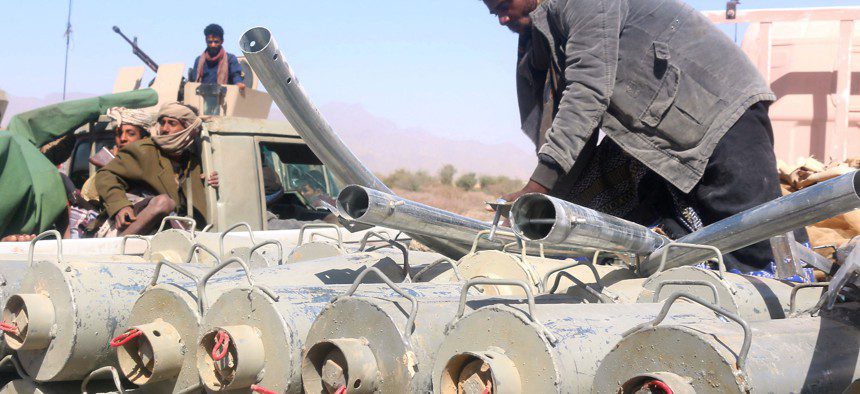The conflict in Yemen has been ongoing since 2015 and has been marked by a complex and fluid situation with multiple factions and parties involved. There have been multiple ceasefires, peace talks in Yemen, and other diplomatic efforts to try and end the conflict, but none have been successful in bringing lasting peace to the country.
The United Nations has stated their hope that negotiations for peace talks in Yemen will be successful, although they have warned that a more comprehensive approach is necessary after a series of failed ceasefires in 2020.
In April, there was a brief period of peace in Yemen’s eight-year conflict as the internationally acknowledged government and Iran-backed Houthi militias under the leadership of Hussein Badreddin al-Houthi consented to a ceasefire, although there were reported violations by the militias that the government contended.
After significant clashes for control of the oil-rich governorate of Marib, located in the center of Yemen, and the ongoing onslaught on Taiz in the highlands to the northwest of Aden, a ceasefire has been declared.
At a UN Security Council briefing, Hans Grundberg noted that after a ceasefire agreement had lapsed for more than three months, there was a chance for a significant shift in the conflict’s course; however, he added that the state of affairs remained “complex and volatile”.
The UN has strongly advocated for a comprehensive contract that would include a system to fund public sector salaries, a suggestion that the Houthis had expressed disagreement with because it excluded military personnel.
Grundberg expressed his gratitude towards Saudi Arabia and Oman for their diplomatic efforts and pointed out that talks in the past month have created “viable solutions to unresolved matters” from the Houthi-held capital Sanaa.
Grundberg suggested that a comprehensive approach should be taken to resolve the multi-sided conflict, instead of focusing exclusively on individual requirements. He emphasized that discussing more immediate measures should be incorporated within a more lasting solution.
Back In 2015, when the Houthis succeeded in driving out the internationally recognized government in Sanaa, Saudi Arabia decided to intervene in Yemen by leading a military coalition. Nonetheless, the Kingdom has been attempting to exit the costly war, having been the target of Houthi missile and drone assaults.
This Monday Mahdi Al Mashat, the leader of the Houthi Supreme Political Council, conveyed a positive outlook on the talks with an Omani team in his remarks on Houthi-run media. He also diverged from his previous rhetoric and emphasized the movement’s eagerness for regional stability.
The envoy of the UN stated that while the major parts of the preliminary accord are still in effect, further restricted armed forces activities on warfronts and “escalating political and economic actions” could cause further conflict. The agreement enabled the transport of some fuel supplies to the “Hodeidah” port under the control of the Houthis and the running of commercial flights from Sanaa.
Image credit: SALEH AL-OBEIDI



















